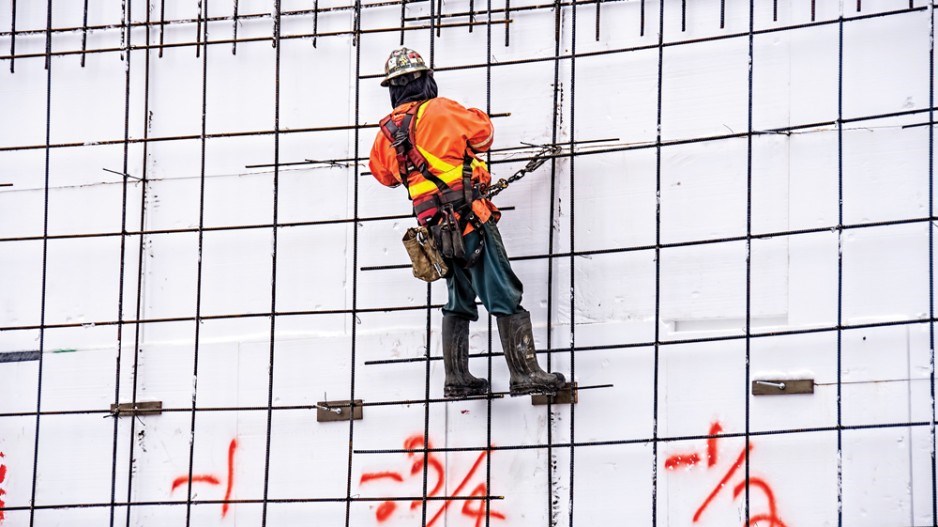What do global issues of abusive labour practices have to do with a B.C. construction or development business? Potentially quite a bit, says the federal government.
Canada’s new anti-forced and anti-child labour legislation came into effect January 2024 and its reporting requirements start on May 31. Construction and development companies in B.C. may not have yet considered this legislation, but if you sell, distribute or import goods for use on projects in Canada, you need to be aware of these new legal requirements.
The Fighting Against Forced Labour and Child Labour in Supply Chains Act represents Canada’s contribution to a global effort to address forced labour and child labour in supply chains. Forced labour is a type of modern slavery and may include child labour, human trafficking and various other forms of coercion. The legislation is meant to require companies to examine their supply chains to ensure that they are not exploiting forced or child labour connected to the goods they import or sell.
There is a financial threshold to the reporting requirements of the act as it is intended to only apply to mid-sized and larger Canadian companies. These requirements should be carefully reviewed, as the thresholds are low and will extend the application of the act to many mid-sized construction and development firms in B.C.
The act requires that entities that meet the financial threshold make a report if they are engaged in:
• Producing, selling or distributing goods in Canada or elsewhere;
• Importing into Canada goods produced outside Canada; or
• Controlling an entity engaged in either activity.
What B.C. construction and development companies will be required to make a report? First, only those companies that are large enough to meet the financial thresholds. Second, larger B.C. development and construction companies that sell, distribute or import goods are required to make a report. The guidance under the act clarifies that an entity is considered to be importing goods into Canada only if the entity is responsible for accounting for those goods under the Customs Act. Therefore, companies that do not directly import goods are not caught by the act’s reporting requirements if they do not then sell or distribute those goods.
The act does not define goods. The guidance under the act says that “goods” should be understood in the ordinary sense of that word. For example, the sale of an entire home or building is likely not a sale of goods. A homebuilder that does not import or distribute goods and sells a home as its finished product is probably not captured by the act. By contrast, a contractor under a project construction contract that purchases and resells materials is likely selling goods for the purposes of the act.
What are the reporting requirements? The act requires each entity to report the steps they have taken during the previous financial year to prevent and reduce the risk that forced and child labour was used at any step in the production of the goods. The reporting requirements are meant to push Canadian companies to think about where their supplier might be getting their materials and who is making their products. The annual reporting requirement includes requiring companies to report on supply chains, due diligence in relation to forced and child labour, and steps to remediate any forced and child labour in their supply chains.
Non-compliance is an offense punishable on summary conviction and may result in a fine of up to $250,000. Making a false or misleading statement in connection to the requirements of the act is also an offense and may be subject to a fine.
B.C. development and construction companies may understandably not think of themselves as having any connection to forced or child labour, but they may be caught by the act if they import or sell goods as part of their project supply chains. Therefore, the takeaway here is that companies should first evaluate whether they are directly importing, distributing or selling goods. If they are, determine whether the company is subject to the reporting requirements of the act and if so, take appropriate actions to comply before May 31, 2024.
Norm Streu is associate counsel with Harper Grey LLP and a past chair of the Vancouver Regional Construction Association. Chris Hirst is the managing partner of Alexander Holburn LLP.




